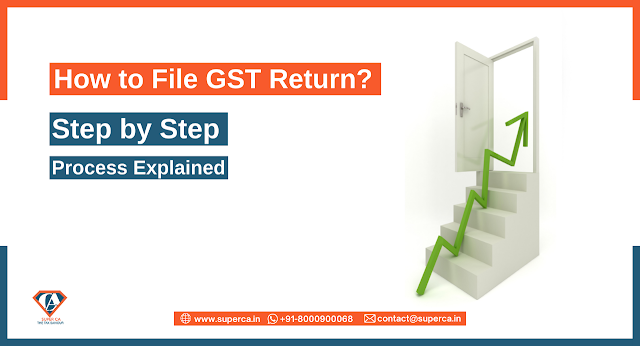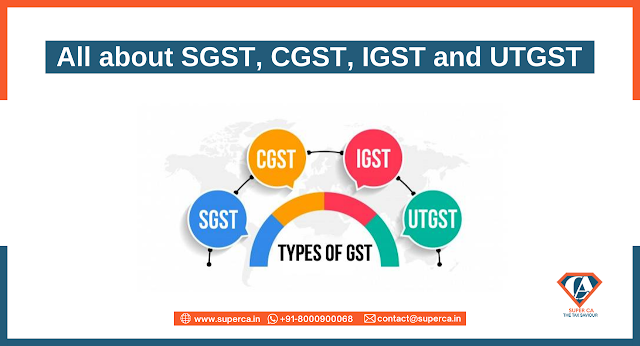All about Section 62 of the CGST Act
Every registered taxpayer must furnish return for the supplies made or received and discharge resultant tax liability for the aforesaid tax period by the due date. If the registered taxable person does not file his return even after the notice he will be sent a notice u/s 62. If he does not file the return, the proper officer will assess the tax liability to the best of his judgement. He will assess based on the available information.
Assessment of Non-Filers
Section 62 of the CGST Act is procreated as under:
(1) Notwithstanding anything to the contrary contained in section 73 or section 74, where a registered person fails to furnish the return under section 39 or section 45, even after the service of a notice under section 46, the proper officer may proceed to assess the tax liability of the said person to the best of his judgment taking into account all the relevant material which is available or which he has gathered and issue an assessment order within a period of five years from the date specified under section 44 for furnishing of the annual return for the financial year to which the tax not paid relates.
(2) Where the registered person furnishes a valid return within thirty days of the service of the assessment order under sub-section (1), the said assessment order shall be deemed to have been withdrawn but the liability for payment of interest under sub-section (1) of section 50 or for payment of late fee under section 47 shall continue
In simple terms, Section 62(1) of the Act provides that where a registered person fails to furnish the return, even after the service of a notice under section 46. In such cases, the proper officer may proceed to assess the tax liability of the said person to the best of his judgment taking into account all the relevant material which is available or which he has gathered and issue an assessment order within a period of 5 years from the date specified for furnishing of the annual return for the FY to which the tax not paid relates.
On the other hand section, 62(2) provides that where the registered person furnishes a valid return within 30 days of the service of the assessment order, the said assessment order shall be deemed to have been withdrawn but the liability for payment of interest or for payment of late fee shall continue. Registered persons who have failed to furnish valid returns for a tax period, within 15 days from receipt of notice u/s 46 ( GSTR -3A ), are covered within the ambit of this section.
The Act provides clemency to the registered person against whom best judgment is applied which is not seen in the former indirect tax laws.
Limitation Period to issue the Assessment Order
The Assessment Order shall be issued within 5 years from the due date for furnishing of the Annual Return for the financial year to which this assessment pertains.
Filing of Valid Return
The only condition to avoid the best judgment already passed is that the registered person furnish a valid return within 30 days of the service of the assessment order. If he fails to file the return then the best judgment will prevail. The valid return means that the tax shall be correctly assessed by self-assessment. There will be no extension after the stipulated 30 days for filing a return against best judgment.
If the taxable person files a valid return within 30 days from the above assessment order, then the best judgement assessment order will be withdrawn. The valid return includes return along with payment of all due taxes. However, late fees, penalties, interest will still be payable in best judgement orders.
Cessation
Timely filing of valid returns by the registered person by making correct self-assessment has great importance for smooth implementation of GST Act. This is the main reason behind this provision. If a registered person fails to make self-assessment then the Proper Officer assumes jurisdiction u/ s 62 of the act, to pass the best judgment assessment to recover the tax involved in such a tax period.
If failed to furnish the valid return within 30 days even after completion of such assessment, then registered person can file the first appeal under section 107 of the act within three months from date of receipt of order. To avoid such further litigation, it is better to furnish prescribed returns within the prescribed time limit.





Comments
Post a Comment